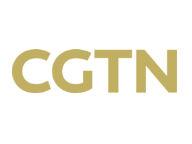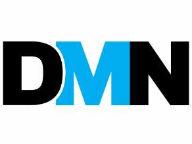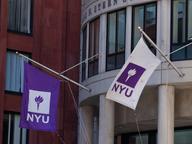Faculty News
—
Professor Arun Sundararajan explains why Snapchat's user demographic is an advantage over other platforms
—

Excerpt from TIME -- "The main thing that's communicated on Snapchat is 'here I am.' 'It's a stream of consciousness,' says Sundararajan. 'It's what people thought Twitter would be when it first came out.'"
Faculty News
—

Excerpt from TIME -- "The main thing that's communicated on Snapchat is 'here I am.' 'It's a stream of consciousness,' says Sundararajan. 'It's what people thought Twitter would be when it first came out.'"























